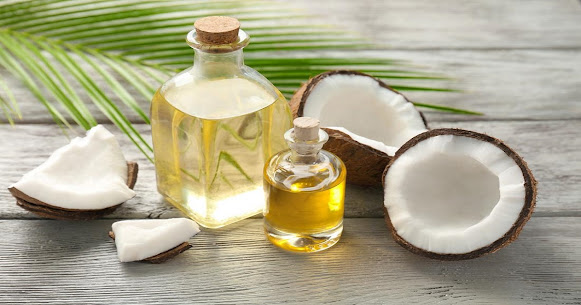Is Coconut Oil Safe for Internal Adult Use?
Coconut oil has gained significant popularity in recent years due to its numerous health benefits and versatile uses. While it is widely used in cooking, skincare, and haircare, there is ongoing debate about whether coconut oil is safe for internal consumption in adults. In this blog post, we will explore the topic in detail and provide insights to help you make an informed decision.
Coconut oil is derived from the flesh of coconuts and is composed primarily of saturated fats. Proponents of coconut oil argue that its unique composition makes it a healthier choice compared to other saturated fats. They highlight its medium-chain triglycerides (MCTs), specifically lauric acid, as the main reason for its potential health benefits. MCTs are known to be quickly metabolized by the body and can provide a readily available source of energy.
On the other hand, critics of coconut carrier oil raise concerns about its high saturated fat content. They argue that consuming too much saturated fat, regardless of the source, can contribute to cardiovascular issues, such as elevated cholesterol levels and an increased risk of heart disease. It's important to note that the American Heart Association advises limiting the intake of saturated fats and replacing them with unsaturated fats to maintain heart health.
To navigate this controversy, it's crucial to consider the available scientific evidence. While some studies suggest that coconut oil may have positive effects on markers of cardiovascular health, the evidence is limited, and more research is needed to draw definitive conclusions. Additionally, the impact of coconut oil on cholesterol levels may vary depending on individual factors such as genetics and overall diet.
When considering whether to consume coconut oil internally, it's essential to keep moderation in mind. Like any other fat, coconut oil is calorie-dense, containing approximately 120 calories per tablespoon. If you decide to incorporate coconut oil into your diet, it's crucial to do so in moderation and consider its caloric contribution to your overall daily intake.
It's worth noting that the source and quality of coconut oil can also influence its safety and potential benefits. Opt for organic, extra virgin coconut oil that has been minimally processed to ensure you are getting the highest quality product. Avoid coconut oils that have been hydrogenated or partially hydrogenated, as these processes can create harmful trans fats.
If you choose to consume coconut oil internally, it's advisable to consult with a healthcare professional, especially if you have pre-existing medical conditions or are taking medications that may be affected by dietary changes. A qualified healthcare provider can provide personalized guidance based on your specific needs and health status.
While the safety of internal use is debated, coconut oil is generally considered safe for external use, such as skincare and haircare. Its moisturizing properties make it a popular ingredient in lotions, body oils, and hair treatments. However, it's always wise to patch test new products and discontinue use if you experience any adverse reactions.
In conclusion, the safety of internal consumption of coconut oil in adults remains a topic of debate. While some individuals may choose to incorporate it into their diet based on personal preferences and anecdotal evidence, scientific research is limited and conflicting. Moderation and individual factors should be considered, and consulting a healthcare professional is advisable for personalized guidance. As with any dietary change, it's important to listen to your body and make choices that align with your overall health goals.

Comments
Post a Comment